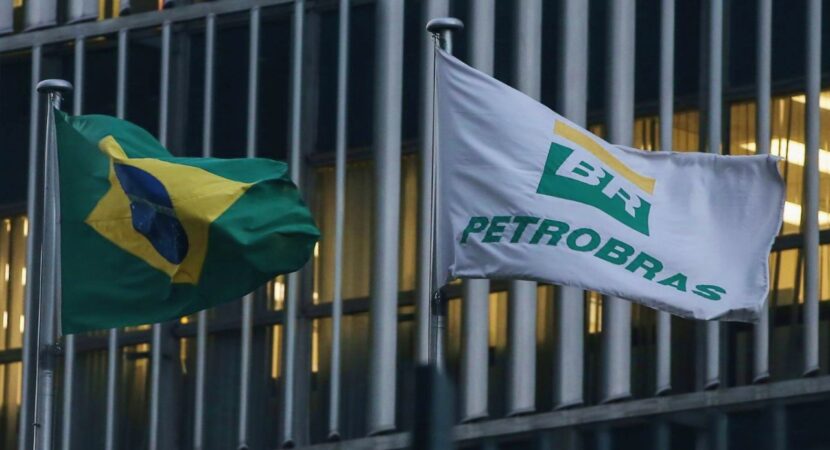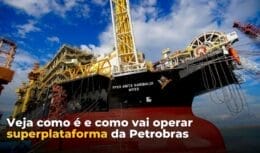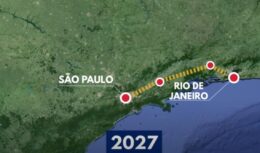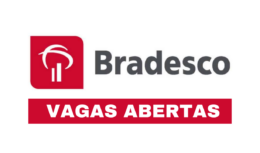
Petrobras holds a dominant position, accounting for approximately 74% of national oil production, in addition to controlling the main oil outflow routes in the country. offshore protocols for Onshore
According to Felipe Kury, former director of the ANP, the external context continues to deteriorate, with signs of a slowdown in global growth and an environment of strong and persistent inflationary pressures due to excess liquidity, as a result of the fiscal and monetary response of countries to the Covid health crisis – all of this, in addition to frequent increases in the prices of commodities and supply chain disruptions. As a consequence, developed countries accelerate the monetary tightening by raising basic interest rates, causing greater adversity in financial conditions with asset repricing and increased risk aversion, resulting in greater uncertainty and volatility, particularly in emerging countries, such as Brazil.
Petrobras is a mixed economy company, with a dominant presence in several segments of national supply – thus holding a mission of public utility.
In this adverse environment, according to him, our country is struggling to cushion the impacts of the successive increases in fuel prices and, therefore, to control inflation. With regard to Petrobras, its current governance model and pricing policies do not offer an effective response for the Government (majority shareholder and representative of society) to present a solution that is sensitive to the concerns of Brazilians. It is important to point out that Petrobras is a mixed economy company, with a dominant presence in several segments of national supply – thus having a mission of public utility. Obviously, the company needs to make a profit, adequately remunerate its investments, be able to make new investments in strategic areas and be competitive. However, as a state-owned company, it also needs to balance these interests with society's aspirations, especially in this time of crisis.
Many cards are at play with the latest intent to accelerate the privatization of Petrobras amid a fuel price shock. On the one hand, there are those who strongly reject the possibility, defending the continuity of the current model and, even more, promise to revisit what has already been privatized in favor of preserving jobs in the various categories involved, with the preservation of the national heritage in the mainstay of conservation of the state model.
On the other hand, there are those who defend privatization in order to develop a more dynamic, more open and more competitive market, which favors new investments and socioeconomic development – in addition to enabling more accessible prices for derivatives throughout the chain. Considering a medium to long term horizon, privatization, as long as it is carried out in a planned, coordinated and harmonious manner, can, in fact, bring great socioeconomic benefits to Brazil and, certainly, to the oil, natural gas and biofuels sector.
State, despite not being directly present in the distribution and resale of fuel, continues as a guarantor of national supply
Petrobras, despite not being directly present in the distribution and resale of fuel, continues to guarantee national supply through a centralized and integrated management model, with daily monitoring of the various sectors of the chain: Exploration/Production (Upstream), Refining/Natural Gas (Midstream) and Distribution/Resale (Downstream).
No Upstream, with the entry of several new operators in the region of the pre-salt polygon, in offshore (regions outside the pre-salt polygon, new frontiers and mature fields), still holds a dominant position, accounting for approximately 74% of national oil production (3.8 million barrels of oil equivalent/day), in addition to controlling the main oil outflow routes from the offshore protocols for onshore. It is expected that this participation will be progressively diluted with the entry of new operators and numerous exploration and production projects already contracted, as a result of the last five years of auctions for exploratory areas.
No Midstream, Petrobras' divestment program seeks, albeit slowly, to expand the diversity of agents in the segment, mainly with the sale of 50% of its refining park (approximately 1,148,738 barrels/day), as well as in the natural gas segments , such as the sale of assets in transport and distribution, in addition to expanding the guarantee of third-party access to essential infrastructure (UPGNs – Natural Gas Processing Units/Regasification Terminals). And finally, in Downstream, as already mentioned, where Petrobras no longer acts directly in distribution after the sale of BR distributor, today Vibra Energia.
With the privatization of the state-owned company, it is expected that the new national supply model will not necessarily be “centralized and integrated”
Petrobras' divestment movement was partly motivated by CADE - Administrative Council for Economic Defense, through the TCC (termination of conduct for cessation) signed in mid-2019, and partly by changes in the company's strategy, which walk in line with towards developing a more dynamic, competitive and open market for oil, natural gas and biofuels in all links of the chain: from the well to the gas station.
However, the process impacts the transformation of the market. It would be very important to accelerate Petrobras' divestment program or even its privatization so that we can achieve, in the next decade, a more efficient, dynamic and competitive market. It is important to point out that, without a complete transition plan, which includes operational/logistic, competition and tax aspects, there may be risks to the national supply, generating undesirable results for the market and for Brazil. Additionally, it is important that there are changes in the current regulatory framework and the implementation of new public policies to ensure an efficient transition, where the figure of a national supply manager should emerge, such as the ONS (Operador Nacional do Sistema Elétrico) in the electricity sector, which would assume the role that today is largely performed by Petrobras itself and the ANP.
After all, with Petrobras' divestment program or its privatization, it is expected that the new national supply model, not necessarily "centralized and integrated" through the Petrobras system, will be able to guarantee national supply more efficiently - and, at the same time, At the same time, create a market where society benefits from competitive prices, new investments and innovation, resulting in job creation, increased income and socioeconomic development. Thus, as some say, where there is crisis there is also opportunity. We are facing an opportune moment to reflect on the Petrobras privatization process, where the dialogue between the Government, Congress, Control Bodies and Regulatory Agencies, in addition to the various segments of society, can produce an important transformation for the oil, natural gas, biofuels and for Brazil.
por- Felipe Kury former director of the ANP.














Air Force F-16 fighters…
True friend, what they shot down were…
Air Force F-16 fighters…
I would like to know what planet you live on…
Air Force F-16 fighters…
Which genocide are you talking about? Than…
Air Force F-16 fighters…
Everything is fine, 100-year secrecy,…
Air Force F-16 fighters…
Well... It's flying scrap... Typical...
I'm not a PT member, but Bozo and…
Beautiful car, pure nostalgia.
I'm a GM fan, but...
That's exactly what you said...
First go study lol
First go study lol
All those in love with gadooooooo, God, country…
I'm interested